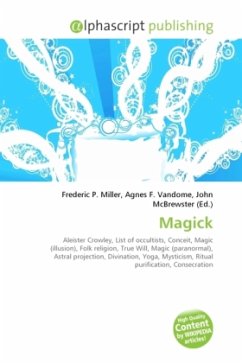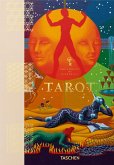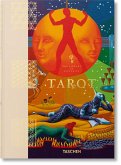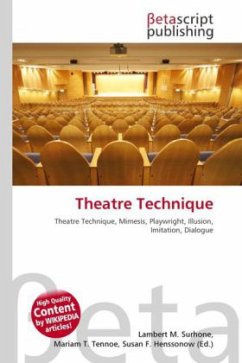Magick, in the broadest sense, is any act designed to cause intentional change. This article discusses magick as described by Aleister Crowley, a British occultist. The Anglo-Saxon k in Magick, like most of Crowley's conceits, is a means of indicating the kind of magic which he performed. K is the eleventh letter of several alphabets, and eleven is the principal number of magick, because it is the number attributed to the Qliphoth - the underworld of demonic and chaotic forces that have to be conquered before magick can be performed. K has other magical implications: it corresponds to the power or shakti aspect of creative energy, for k is the ancient Egyptian khu, the magical power. Specifically, it stands for kteis (vagina), the complement to the wand (or phallus) which is used by the Magician in certain aspects of the Great Work. For Crowley, the alternate spelling was used to differentiate it from other practices, such as stage magic.
Bitte wählen Sie Ihr Anliegen aus.
Rechnungen
Retourenschein anfordern
Bestellstatus
Storno








